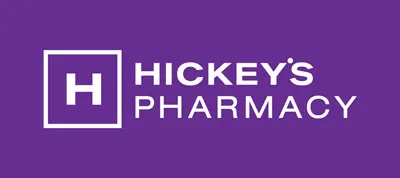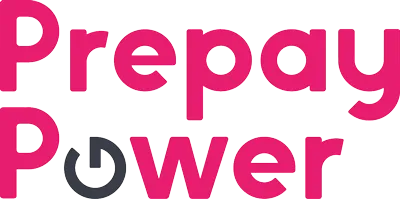
Time punches, attendance monitoring, activity tracking, timesheets and time cards—these things don’t tend to lead to the most exciting business discussions.
Time tracking, arguably, is one of the most important, yet most overlooked aspects of the day-to-day operations of certain industries, for example, retail and hospitality. Many business owners and workplace leaders simply don’t pay much attention to their time tracking systems. As long as it allows them to prepare their employees’ payroll and comply with record keeping laws, the effort and resources put into time tracking are scarcely acknowledged.
This is where many opportunities for business growth are missed.
Time tracking, when carefully thought out and implemented as a part of larger workplace management and employee engagement strategy, can contribute positively in several areas of business optimisation. Conversely, if done poorly, it can keep your business from reaching its full productivity potential.
Before going through the different business benefits of having a more solid workplace time tracking strategy, one thing needs to be settled first.
In this day and age of rapid digital transformation, it’s surprising to see HR technologies lagging behind. An example is—you guessed it—time tracking. Approximately 35% of American businesses still use manual methods of tracking attendance and employee activities such as spreadsheets and punch cards.

If you’re still currently using manual time tracking, don’t expect to enjoy the benefits that will be discussed below. Why?
With manual time tracking methodologies, you and your employees are wasting time tracking time. Your time is being squandered collecting, organising, and analysing spreadsheets in an attempt to figure out how your employees are using their time at work. However, these manual time tracking processes are laborious, as well as error-prone and cost-ineffective.
At the centre of every good time tracking system is office time tracking software that not only records clock-ins and clock-outs, but also provides useful insights into how your employees are allocating their time at work.
While it’s inevitable for all businesses to experience productivity slumps, to remain competitive, it’s important to maintain consistent high-level productivity. As with any other area in your business operations, the mantra you can’t improve what you can’t measure applies to productivity.
38% of small business owners attribute low productivity to poor time management. Usually, poor time management stems from poor time tracking. In theory, time tracking can be done effectively using traditional (a.k.a. manual) methods. However, in reality, it’s difficult for employees to consistently log every activity they’re doing. This is why it comes as no surprise that automated time tracking has been found to reduce productivity leaks by 80%.
INSERT-CTA
A survey by Salary.com revealed that 64 per cent of employees visit non-work related websites every day at work. Of that group, 39 per cent spend one hour or less per week, 29 per cent spend 2 hours per week, 21 percent waste five hours per week, and only 3 per cent said they waste 10 hours or more doing unrelated activities.
While it is unrealistic to expect employees to be working 100% of the time, non-work-related activities should be minimised. Left unchecked, deliberate time wastage can cause a ripple of negative effects such as low productivity, low morale among hardworking employees and diminished overall work quality.
A solid time tracking implementation will help employees become more aware of how they spend their time, making it easier for them to stay on task.
With 85% of employees reporting a desire to work remotely, the phrase work is a thing you do, not a place you go to rings truer than ever. While allowing remote work is not a requirement, it’s a competitive advantage in today’s tight competition for top talent. This is especially true if you’re looking to bring Millennial talent onboard.
Deloitte’s Millennial Survey captures what this younger generation is looking for in a workplace: “Freelance flexibility with full-time stability.”
Employees don’t like being chained to their desks all the time. From time to time, they like to work in their favourite coffee shop, a co-working space, from the comfort of their home office—virtually anywhere as long as they have their laptops and a decent internet connection.
One of the main reasons why many employers up to this day are reluctant to offer flexible work arrangements to their employees is the inability to monitor employee activities beyond the four walls of their office.
Time tracking technologies, which are usually cloud-based, solve this problem. As a business owner, you can track employee activities—even in real-time—wherever they are. Your employees will also feel assured that their productive hours and work accomplishments are recorded, appreciated and compensated even without the physical oversight of their managers/supervisors.

Time is a business’s most important asset. Tracking how this precious resource is spent in your workplace can lead to growth optimisation that you never thought possible. While technology is not the be-all and end-all of your time tracking initiative in your workplace, it can play a crucial role in automating and transforming manual and outdated processes that are keeping your business from reaching its full potential.
Dean Mathews is the founder and CEO of OnTheClock, an employee time tracking app that helps over 9,000 companies all around the world track time.
Dean has over 20 years of experience designing and developing business apps. He views software development as a form of art. If the artist creates a masterpiece, many peoples lives are touched and changed for the better. You can find Dean on LinkedIn.
At the centre of every good time tracking system is office time tracking software that not only records clock-ins and clock-outs, but also provides useful insights into how your employees are allocating their time at work. These are the benefits of time tracking technology:












